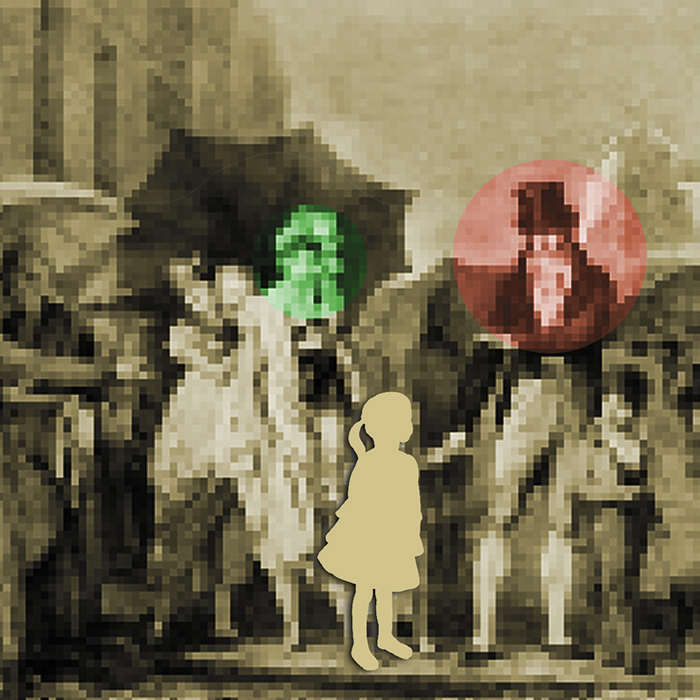Adoption is when a child is either removed from a parent because they are felt they cannot currently provide safe care for their child, or the parent decide they are currently unable to care for their child.
A child is only adopted after all other avenues for support have been explore such as other family members. It is a very serious decision that has lifelong impacts for all involved.

Even when a parent decides, they cannot care for their child it is not because they do not want their child or do not love them. It is usually because a parent cannot physically and/or emotionally look after a child, depending on their situation. For example, it might be that a parent already has a large family, biomes pregnant and decides they cannot manage a fifth child. Or it might be because the parent has mental health problems, and/or are too unwell to care for a child.
Almost always children are placed into foster care before they are adopted. Sometimes children may have several different moves before they move in with their adoptive families.
Families come in all different forms; from single parents, stepparents, same sex parents, to children living with other relatives, such as grandparents or aunts. Adoption is no different; we are just another type of family. So please be careful when making judgements about someone’s family because you don’t know the journey they have been on, or are currently on.
Foster care means that the child is under the care of the local authority/municipality/government and foster carers are paid to care for children. It also means that children often still see their birth parents.
Foster care is often used as a short term measure to support parents through difficulties. However sometimes children do stay in foster care until they become adults, this is called long-term foster care. The child’s surname is changed to the adoptive parents’ surname and law protects this name. Sometimes the adopted person’s first name is changed, but wherever it is possible, it is kept the same.
We want you to know the difference between adoption & fostering because getting it wrong can be hurtful and ultimately, we want to be understood.
In historical cases of adoption, children and their birth parents would not have had any contact with each other following the adoption. This is known as closed adoption.
However in more modern adoptions children often have contact with their birth parents via the exchange of letters and sometimes face to face because research tells us that this is very important for people’s understanding of their life history and tier identity.
However it is very different for every child and there are a whole variety of reasons why a child and birth parent may or may not have any contact. Never assume that any two adopted people have had the same experience in their adoption journey, no two experiences are the same.
“So, you’re an orphan then?” – An orphan is someone whose parents have died, our parents have not died, they were unable to look after us. Very different.
“So, what’s Tracey Beakers House like then”? – Tracey Beaker is a fictional character in a UK TV show who lives in care/children’s home. Most adopted children in the UK have not lived in a care home, they are likely to have lived with a foster family before moving in with their adoptive parents.
“So, do you know who you are then”? – This is a very personal question about family and can be very upsetting for people to be asked.
“So, when do you see your mum”? – Another very personal question, which can be very difficult for someone to answer. It is ok to be curious, but do you really need to know that information? Can you ask a more general question?
“So your parents aren’t your real parents”? – What does “real parent” even mean? Adoptive parents are just as real as birth parents and vice versa.
Website: www.adopteens.org.uk
Twitter: @ADOPTEDTEENS_ID

The BRIGHTER FUTURE project has been funded with support from the European Commission. This publication reflects the views only of the authors, and the Commission cannot be held responsible for any use which may be made of the information contained therein.
